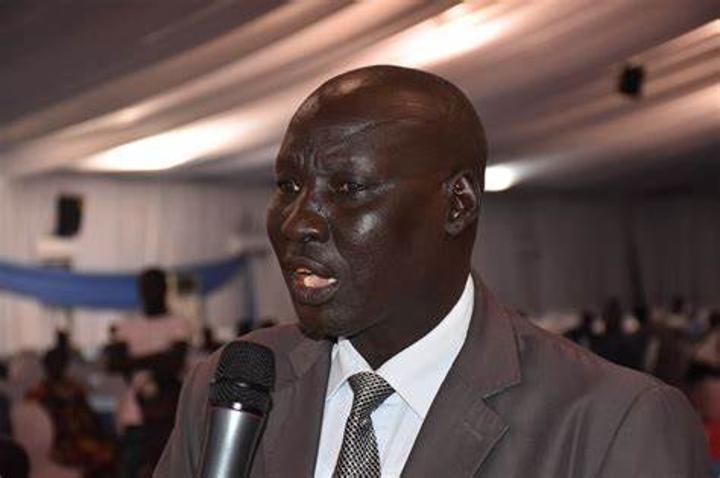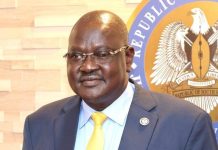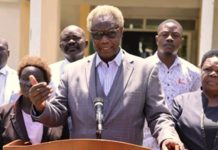Jenifer James
Africa-Press – South-Sudan. The chairperson of the standing specialised committee for information in the national parliament John Agany has defended the proposed 2023-2024 budget against criticism saying those picking holes are exercising premature judgment.
“It should not be called a failed budget because we did not hear the scrutiny and the discussions are still at the committee’s level,” he said.
Speaking to The City Review on Sunday, Agany said the national budget for 2023/2024 was set for a public hearing on today and all the complaints would be addressed. Several complaints have been raised specifically by the committees of education and health with some officials noting that the budget is not addressing some key areas.
“At the committee level, it is not actually the prerogative of the spokesperson to speak on their behalf when they complain, it is at their level as the committee, but the real standpoint will be tomorrow where the public hearing will be done, and all those issues will be addressed in the house,” Agany argued.
“That is where we can actually find out whether there are way forwards to address the challenges of the committee or still they have [complaints],” he said, adding that there is no budget that can satisfy all the players.
According to Agany, the parliament will hear the complaints of the committees on Monday then after the hearings the budget will be tabled officially in the parliament on Wednesday for the second reading.
Agany added that most of the issues in the budget should be addressed jointly so that if people are not satisfied with the budget then to a certain extent a step will be made.
“What I would add is that people should follow the hearing process, it is strictly speaking because our people really need to know what is in the budget and what the budget all about is,” he stressed.
Last week, the Specialized Committee on Health and Population at the national assembly expressed concerns over what they consider a significant drop in the health budget over the years.
Dr. Benjamin Alier who is a member of the committee said the budget for health had dipped from seven percent in 2006 to 2012 to 4.2 percent in 2022.
He said that even with a slight increase to 9.7 percent in the 2021/2022 budget, the current budget stands at a meager 2.1 percent.
“Health is a part of security when there is insecurity, there are high needs because there are many injuries,” said Malek, arguing that the budget is supposed to increase to cover the medical needs arising from injuries sustained in inter-communal conflicts.
Source: The City Review South Sudan
For More News And Analysis About South-Sudan Follow Africa-Press






